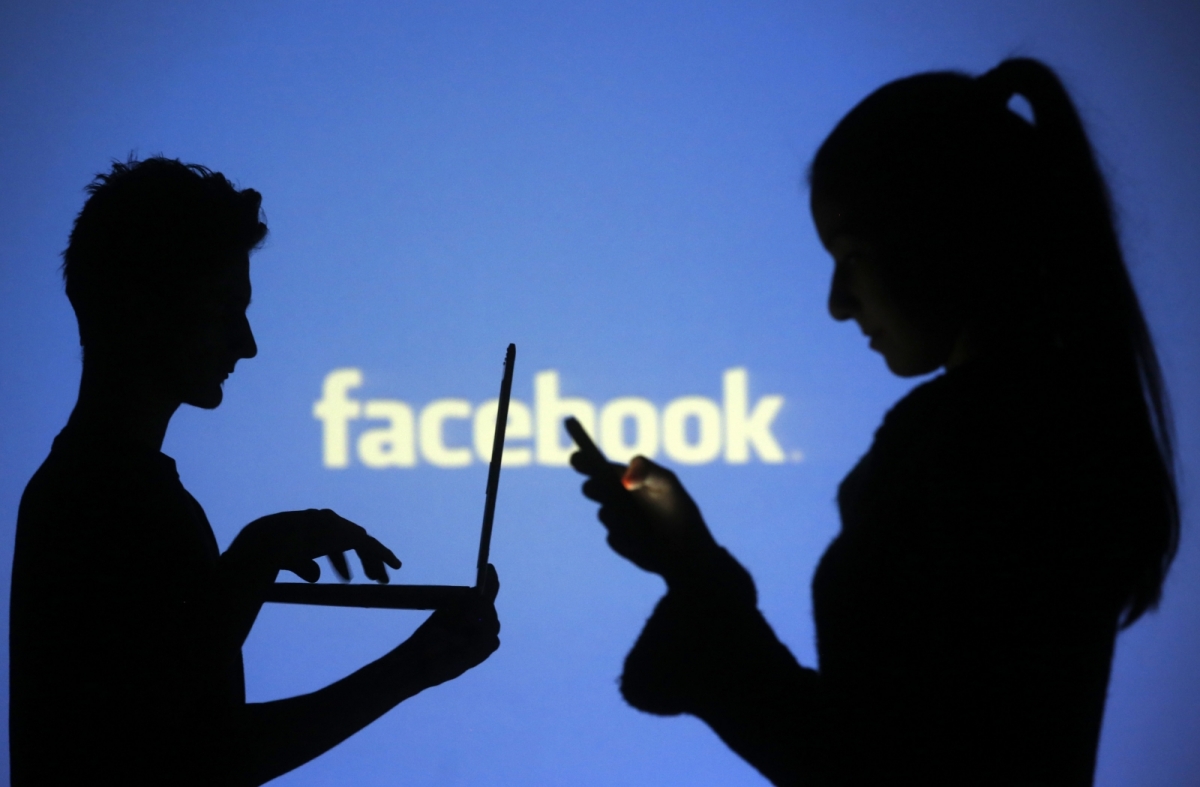Over the past year, the spread of “fake news” on social networks—most notably Facebook—has dramatically shifted the way people perceive important events, like political debates. The term has played a major role in re-shaping the political landscape, and misinformation across news channels has spawned a fake news movement, where unknowing users are spoon fed inaccurate content from platforms they trust.
Today, starting a fake news site with the intent to house false information is easier than ever. The steps are fairly straightforward: purchase a domain, set up your monthly web hosting, post content, and place ads. Anyone with a mischievous (or highly purposeful) mission to spread lies and rumors faces few barricades to do so. According to an in-depth report published Stanford University, called “Social Media and Fake News In the 2016 Election,” during the month of the 2016 election, fake news sites (many of which were pro-Trump) received 159 million visits.
It seems that fake news is here to stay for a while, and efforts to remedy it have proven futile so far. Several efforts have been made to solve Facebook’s fake news problem. As of February 2018, Facebook had hired at least 7,500 moderators to try and contain the fake news issue. Founder Mark Zuckerberg even admitted that the company considered hiring an independent body to contain content and make decisions about what was reliable and fit for the social platform.
Facebook’s partnership with five U.S. news organizations leveraged the use of skilled fact checkers to help identify fake news. The premise seemed simple enough: news organization partners could access a dashboard, where they would manage stories that might have been false, based on Facebook algorithms and information submitted by Facebook users. Partners would submit their fact checks to debunk fake news, or give the green light for stories that were true.
However, the platform was heavily criticized by partners, who revealed in the Columbia Journalism Review that it was viewed with great suspicion, and clearly demonstrated a lack of priorities. Fact-checking partners could sort these “fake potentials” by popularity, however, there was much ambiguity over what made certain stories “popular” for factual interpretation.
Facebook would not reveal how they sorted “popular” stories and rumors circulated that fake news with high ad spend would never reach the top of the “popular” list, as they brought in too much revenue to be considered a priority. By this logic, anyone with a lot of money could publish fake news and go largely unnoticed by Facebook moderators and fact-checkers.
Another criticism was that partners rarely had to label conspiracy theories or stories generating from controversial sites like InfoWars, and fact-checkers had suspected that these stories had already been filtered out, for some unknown reason.
The newest wave of fake news fixes is artificial intelligence. During an interview with the New York Times, Zuckerberg also revealed that the company had started to employ artificial technology and machine learning to help them discover “suspicious behaviors without assessing the content itself.” But while Zuckerberg continues to build AI to tackle the fake news problem, the AI approach has been criticized by reputable sources who believe AI is far from its ability to recognize human writing and context.
Writer James Vincent said in one article, “It can pull out certain facts and do a crude sentiment analysis (guessing whether a piece of content is “happy” or “angry” based on keywords), but it can’t understand subtleties of tone, consider cultural context, or ring someone up to corroborate information.”
Various studies have been conducted to test the limits of what artificial intelligence can discern. One of the biggest issues is comprehension; in a world where irony, meme cultural, and comedy have intertwined to tackle some of the most serious issues, it’s extremely difficult to gauge just how “serious” fake news is.
James Grimmelmann, a professor at Cornell University, said in an essay that fake news identification suffers from “kayfabe”, a pro wrestling term that describes the suspension of belief between wrestlers and the audience. The “kayfabe” definition itself “is the portrayal of staged events in the industry as being ‘real.’” This suspension of belief is what makes it possible for wrestlers to carry out fake feuds and rivalries, and for audience members to follow along with the story line.
Like “Kayfabe” suggests, audience members are willing participants in the story journey, which makes it hard for any artificial programs to differentiate between the “fake news” that people still want to read, and genuine fake news.
Furthermore, many readers consume content with irony in mind. Consider the, “The Onion,” the satire news organization that spins real, current news. Or even “Saturday Night Live,” whose actors produce poof “skits” portraying real people, influenced by real events. For example, in an SNL skit, perhaps an actor will dress and sound like former president Barack Obama while providing his opinion on an important political event. Technically, this is fake news—but it’s fake news that readers enjoy and understand is fake. If artificial technology cannot comprehend this complexity, Facebook can—and will—run into a serious censorship issue.





7 comments
… [Trackback]
[…] There you will find 91755 more Information on that Topic: thelibertarianrepublic.com/the-struggle-to-solve-facebooks-fake-news-crisis/ […]
… [Trackback]
[…] Find More on that Topic: thelibertarianrepublic.com/the-struggle-to-solve-facebooks-fake-news-crisis/ […]
… [Trackback]
[…] Info to that Topic: thelibertarianrepublic.com/the-struggle-to-solve-facebooks-fake-news-crisis/ […]
… [Trackback]
[…] Find More on on that Topic: thelibertarianrepublic.com/the-struggle-to-solve-facebooks-fake-news-crisis/ […]
… [Trackback]
[…] Read More on on that Topic: thelibertarianrepublic.com/the-struggle-to-solve-facebooks-fake-news-crisis/ […]
… [Trackback]
[…] Find More on on that Topic: thelibertarianrepublic.com/the-struggle-to-solve-facebooks-fake-news-crisis/ […]
… [Trackback]
[…] Read More Info here to that Topic: thelibertarianrepublic.com/the-struggle-to-solve-facebooks-fake-news-crisis/ […]